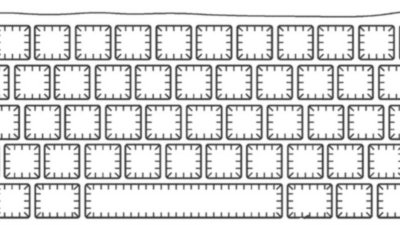Estimate claims Apple bested Samsung by 3M to remain top smartphone vendor
Directly contradicting an earlier report that estimated Samsung shipped 44.5 million smartphones in the first quarter of calendar 2012, IHS iSuppli reported on Friday that Samsung shipped just 32 million smartphones during the quarter. The massive 12.5 million unit difference between the two estimates from Strategy Analytics and iSuppli puts Samsung either well above or below Apple for the quarter.
Unlike Samsung, Apple publicly discloses its quarterly iPhone sales. The company revealed on Tuesday that it sold 35.1 million iPhones last quarter, representing 88 percent unit growth over the same three-month span in 2011.
Apple initially took the smartphone crown from Samsung in the holiday quarter of 2011, in which the company was bolstered by the launch of the iPhone 4S. Whether Apple retained the lead in smartphone shipments in the March quarter, however, remains uncertain.
On Thursday, Samsung confirmed its earlier estimates for the March quarter, and posted profits of 5.85 trillion won, or $5.2 billion. The bulk of the company's profits came from its mobile division.
One point that both Strategy Analytics and iSuppli can agree on is Samsung passed Nokia to become the top overall mobile phone vendor in the March quarter. Strategy Analytics' higher estimate pegs Samsung's mobile phone shipments as 93.5 million, while iSuppli has the company slightly lower, with shipments of 92 million.
"Samsung’s surpassing of Nokia for cellphone market leadership represents not only a changing of the guard among handset brands but also a fundamental shift in the structure of the wireless market," said Ian Fogg, senior principal analyst, mobile for IHS.
"Cellphone market growth is now being generated exclusively by the smartphone segment, and not by the feature phones, entry-level cellphones and ultra-low-cost handsets (ULCH) that had fueled the industry’s expansion over the previous decade. Samsung has successfully ridden the wave of smartphone adoption to attain market leadership. Meanwhile, Nokia is in the midst of transitioning its smartphone strategy, resulting in declining shipments for the company."
 Neil Hughes
Neil Hughes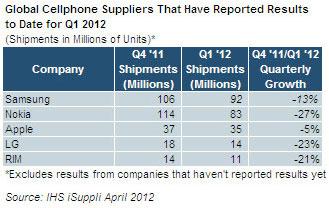



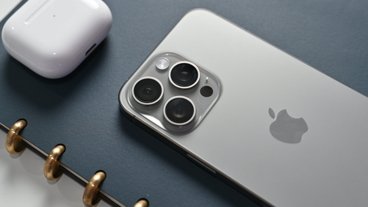
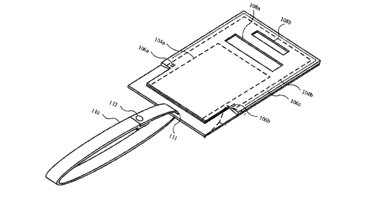






 Malcolm Owen
Malcolm Owen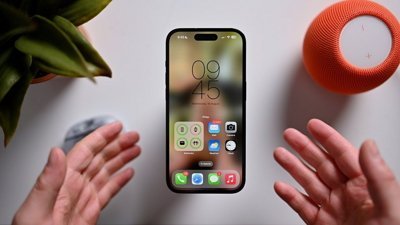
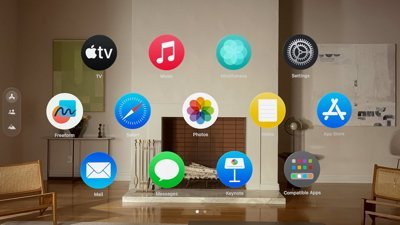

 William Gallagher
William Gallagher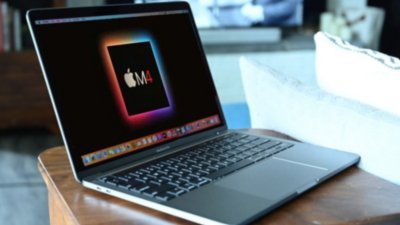
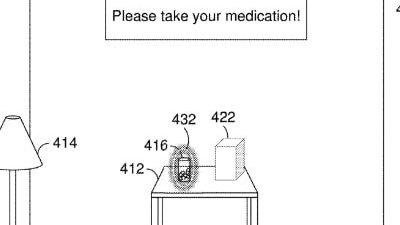
 David Schloss
David Schloss
 Amber Neely
Amber Neely